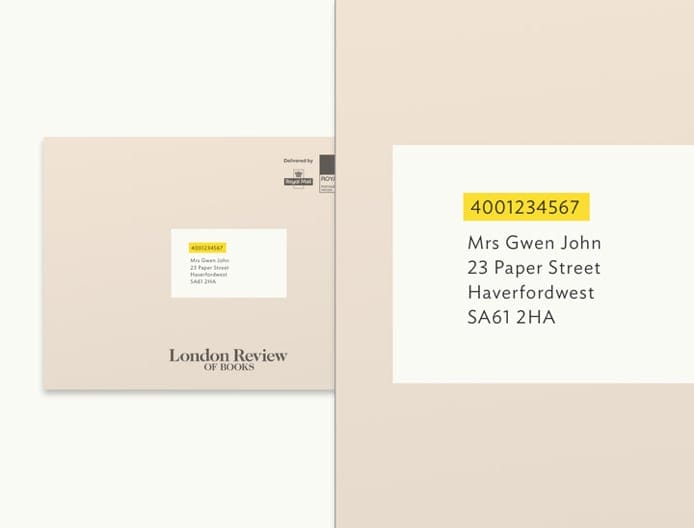No American novelist has devoted as much energy as Percival Everett to the proper noun, its powers as engine, instrument and index. Towards the end of Percival Everett by Virgil Russell (first published in 2013), a story about storytelling in which nobody is called Percival Everett or Virgil Russell, one of the narrators gives a list of 516 gerunds that encompass the whole of human activity. ‘Naming’ appears first and last – and seventeen times in-between. Everett’s first novel, Suder (1983), ends with the main character, a baseball player in a terminal slump, uttering the words ‘Craig Suder’. The hero of I Am Not Sidney Poitier (2009) goes through life being called ‘Not Sidney’, and battles with his resulting inclination towards passivity and victimhood. Everett has expressed opposition to labels, categories and genres. ‘I never think in regions,’ he said, during an interview for a book about writers from the American South. Once something is named, its potential is limited, its freedom compromised. In Percival Everett by Virgil Russell, a father-to-be tries to persuade his wife to leave their son unnamed in order to spare the child ridicule. (‘You can’t mess up ———.’) The painter in So Much Blue (2017) has spoken the title of his long-gestating work-in-progress just once ‘under my breath while I was alone in my studio’ and fears that his children ‘might try to name it and so ruin it and everything’.
There are various ways of accounting for this obsession. Percival Everett was named after his father, an imposition liable to get you thinking about labels and identity, and the name itself is striking, bringing with it narrow and misleading connotations. When Everett was hired as a professor at the University of Southern California in 1998, one of his new colleagues complained that the ‘last thing we need is another fifty-year-old Brit’, only to be informed by the department secretary: ‘He’s a black cowboy!’ (Everett had worked as a rancher and mule trainer.) In his essay ‘Hidden Name and Complex Fate’, Ralph Ellison, who reduced his middle name (Waldo) to a ‘simple and mysterious “W.”’, argued that African Americans – ‘especially if we are potential writers’ – may be ‘more than ordinarily concerned’ with the associations their names carry with them.
Everett was born in Georgia and raised in South Carolina. He studied with the logician Howard Pospesel at the University of Miami, where he read Frege, Wittgenstein and J.L. Austin, but abandoned postgraduate study after deciding that fiction offered a more fruitful way of thinking about how ‘meaning gets constructed’. ‘I start with something that bugs me, some philosophical problem,’ he has said, ‘and then I look for a way to explore it.’
Everett’s work – 23 novels, as well as stories and poems – can be read as a series of parting shots at his abandoned vocation. The litany of gerunds in Percival Everett by Virgil Russell surpasses the mere fourteen offered by Gilbert Ryle in The Concept of Mind (‘knowing, learning, discovering’ etc). The narrator of Glyph (1999) has yet to mark his first birthday but can already outsmart his poststructuralist father. Philosophers of language have been frequent subjects of his onomastic play (‘afrege’, ‘Grice-told’, ‘eQuine’); the name Alfred North Whitehead is deemed ‘unfortunate’. At one point in Percival Everett by Virgil Russell, a small girl who is asked to identify herself says: ‘My name is Name. My name is my name and the name of the word name and Name, my name.’ The response to this is ‘I’m getting out of here,’ and the reader may experience the same urge. But not all the time. Percival Everett by Virgil Russell represented an extreme – it was conceived as a response to Frege’s essay ‘Sense and Reference’ – and in works published before and since, Everett has successfully mined the puzzle or paradox for drama and conceits. It was after reading Everett, and making a tacit contrast between his work and that of other contemporary writers, that Joyce Carol Oates tweeted about the ‘wan little husks of “autofiction” with space between paragraphs to make the book seem longer’.
Send Letters To:
The Editor
London Review of Books,
28 Little Russell Street
London, WC1A 2HN
letters@lrb.co.uk
Please include name, address, and a telephone number.



